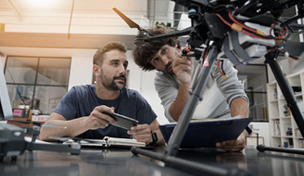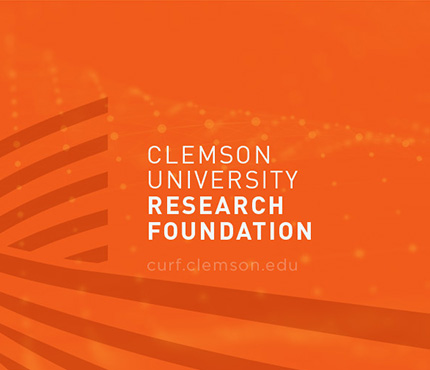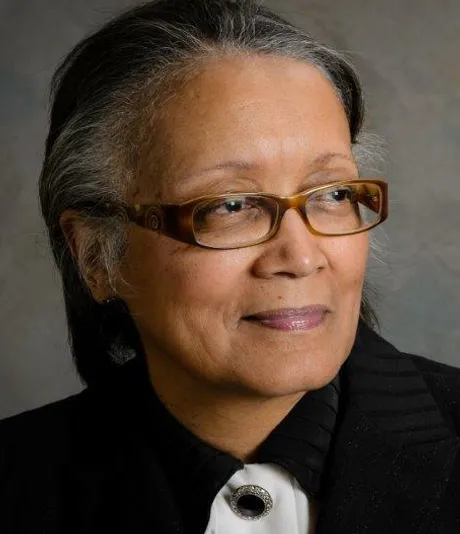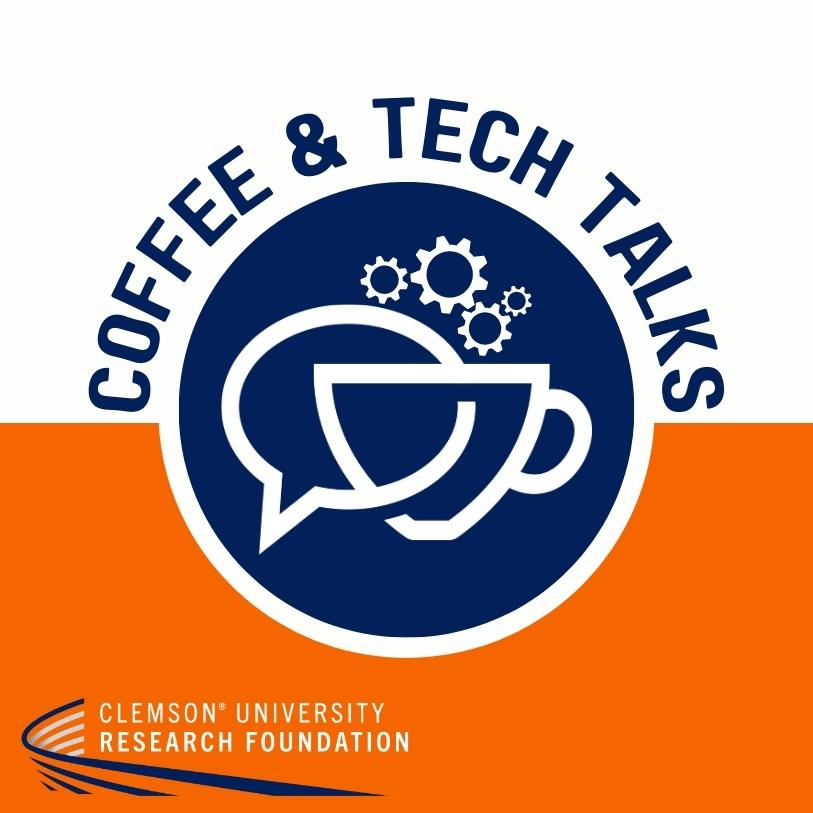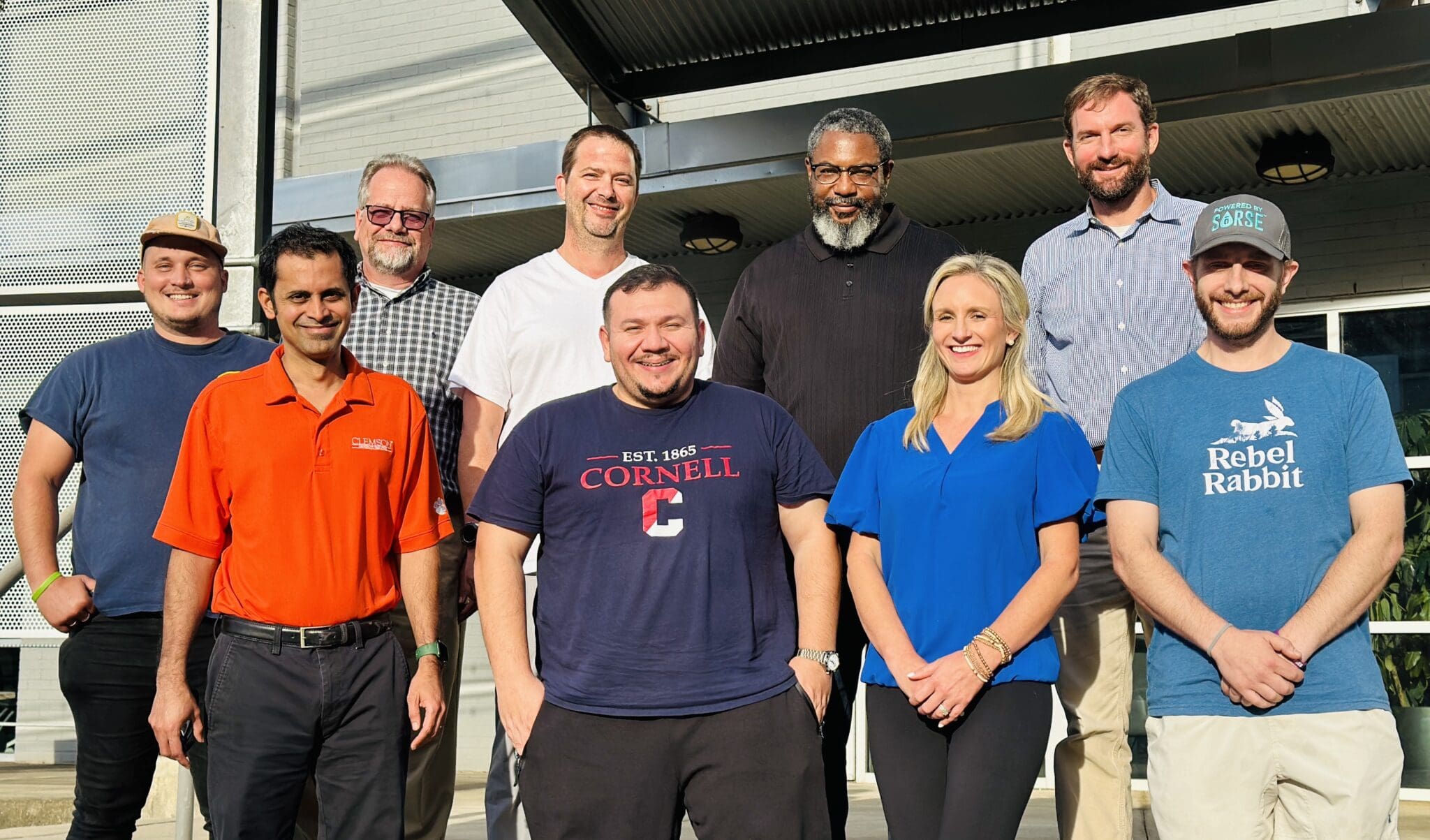
Since 2016, The Cottle Group, led by Dr. Renee Cottle, Assistant Professor of Bioengineering, has focused on developing cell-based gene therapy technologies and point-of-care devices to improve the lives of patients with inherited metabolic diseases. Many students, including well over 30 undergraduates, four master’s students, four PhD students, and one post- doctoral scholar, have been involved in this research over the past seven years. Regardless of race, gender, or age, Dr. Cottle expressed that “it is extremely important to have diversity in science and research in general to get the most creative solutions to problems.” Ethnic diversity within the group plays an important role in developing therapies for diseases that might be overlooked, since it might not affect the predominant population.
“To bring innovation and create therapies to treat a large number of people,” Dr. Cottle explained, “You need to have diversity.” Her research has been notably supported by the American Association for the Study of Liver Disease Foundation’s Pinnacle Research Award and the American Society for Gene and Cell Therapies Underrepresented Minority Fellowship Award in Gene and Cell Therapy.


Outside of the lab, Dr. Cottle serves on multiple panels and as a summer camp instructor through PEER-WISE, an initiative on campus to enhance diversity in STEM fields. She takes this opportunity to mentor students and let them know about her journey, so they can feel like they can achieve what she has in their own careers.
When asked what advice she would give a young minority student starting off in STEM, Dr. Cottle immediately responded, “I would tell that student just to know they can do it.” Dr. Cottle was the first in her family to go to college, and furthermore, pursue a Ph.D. in the STEM field. When starting off an undergrad, especially in challenging prerequisite courses, she revealed that she sometimes felt intimidated by her peers.
“When you do not know anyone else who has achieved this,” Dr. Cottle explained, “it is a common feeling to wonder if you can make it in a STEM field.” While minority students may have to work harder and dedicate more time to studying, Dr. Cottle wants them to see the challenges in a more positive light. She often tells her students that, “There is no rush. Try to learn as much as possible and shoot for the stars!”
Dr. Cottle credits mentoring as having a critical impact on her career, especially within the Clemson University Bioengineering Department. She still goes to senior colleagues for help and is thankful for their support. Therefore, Dr. Cottle emphasized that if students want to be successful in a STEM field, they should start conducting informational interviews with people working in the same field they desire to be in to find out how that person got to where they are now and what experiences were critical for their achievement. These interviews will help students develop a road map for their careers and strategies to achieve their goals.
If you want to learn more about The Cottle Group and Dr. Cottle, click here.




